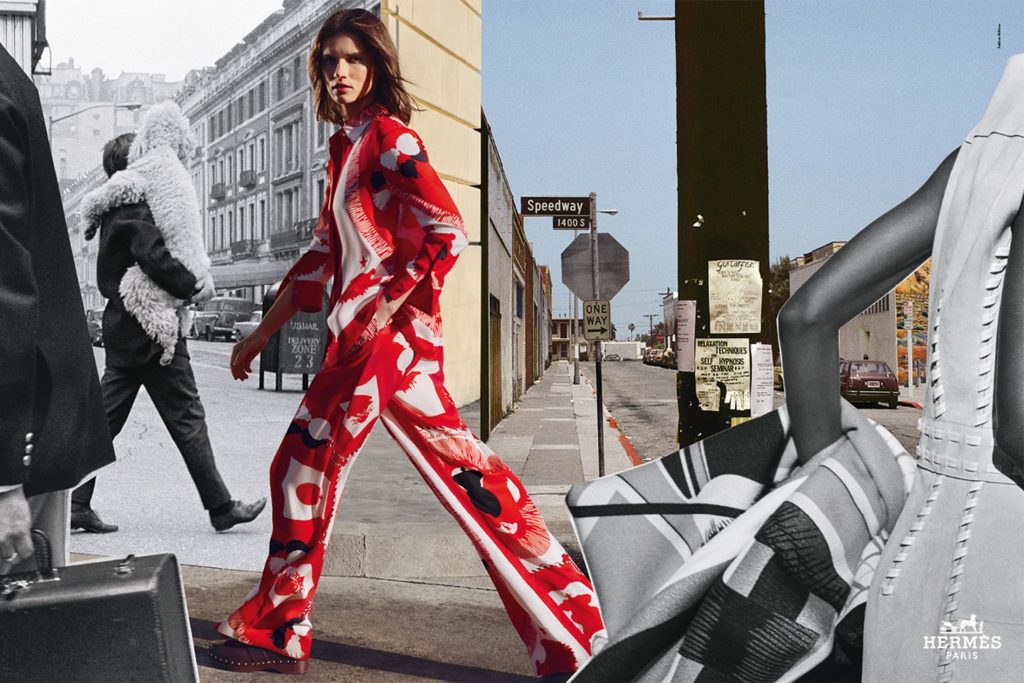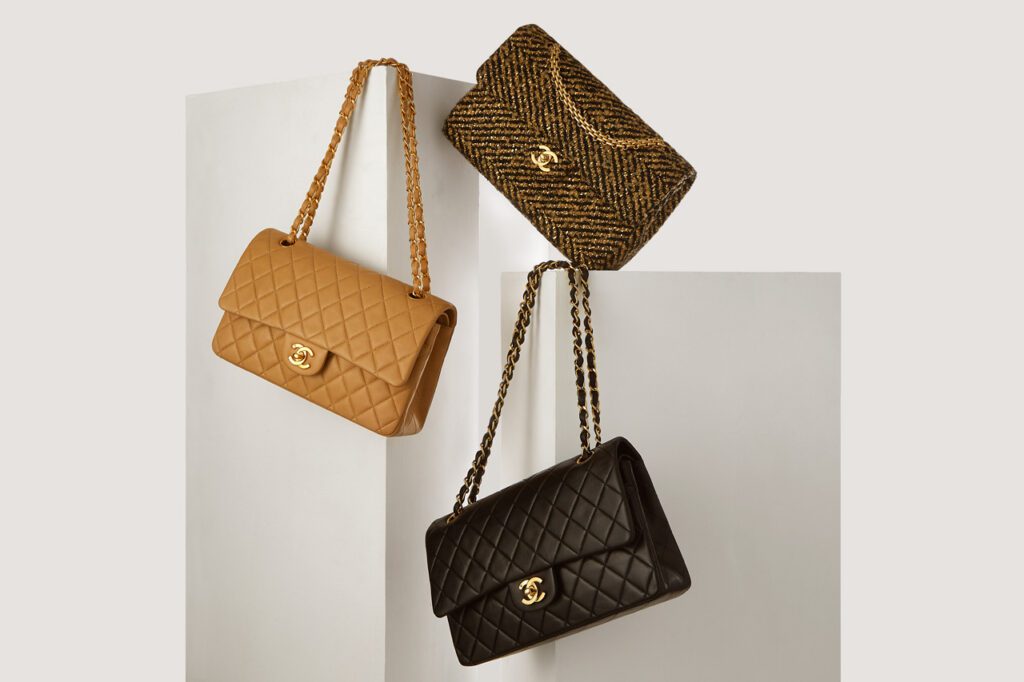The government in Bangladesh raised the minimum wage by more than 50 percent last week, the first increase in wages since 2013, when the Rana Plaza factory collapse resulted in the deaths of 1,136 garments workers and prompted the nation’s State Minister for Labor to raise the minimum wage for entry-level jobs in the garment industry from 3,000 taka ($36) per month to 5,300 taka ($64). While some, such as Sharon Waxman of the Fair Labor Association, say that the most recent boost in wages – up to 8,000 taka ($95.50) – “is an encouraging, though long overdue, step in the right direction,” garment workers and union organizers are outraged.
Union leaders and garment factory workers, alike, are describing the new wage minimum as a “cruel joke” and a “slap on the face,” with hundreds of individuals protesting in the streets in Dhaka on Friday as a result.
The new wage standard, which comes after a series of debates about the wage between factory owners and workers in the past few years, is still “not enough for workers to live a decent life,” Mohd. Raisul Islam Khan, field coordinator for the IndustriALL Global Union, told Reuters.
MM Akash, a Professor of Economics of Dhaka University and one of the consultants on the Bangladeshi government’s wage board, said 8,000 taka is nowhere near the amount he suggested. He states that an garment worker that has a six-member family needs about 28,620 taka ($341) per month to lead a decent life with basic facilities. “Considering the economic condition of the whole country and the capacity of the owners, I had recommended 16,000 taka, which is the minimum.”
Md Harunur Rashid, a data investigator for the French development agency AFD, noted that – for a point of comparison – the minimum salary for a government employee in Bangladesh 15,250 taka ($182).
Bangladesh has emerged as a key hub for garment manufacturing, as prices in China have increased dramatically in recent years. As of now, Bangladesh – with its $30 million garment industry – is the world’s second largest exporter of garments following China, but it also holds the title of one of the lowest cost centers for manufacturing. Employing an estimated four million people, 80 percent of whom are women, Bangladesh’s apparel industry fall behind other centers not only in terms of wages but also of worker well-being.
Of concern for union reps, aside from the still-dismal minimum wage, is the fallout that will lilely come with the increase. “After the last pay hike in 2013, we realized that many factories increased production target for workers and the work pressure built up tremendously,” said Nahidul Hasan Nayan, general secretary of the Sommilito Garments Sramik Federation, which supports the Bangladeshi garment workers unions.
“Workers came to us and said their pay had gone up but they did not even have a minute to drink water or use the restroom during their shift,” Nayan noted.
Factory owners say the new minimum salary of 8,000 taka ($96) risks putting them out of business. And according to Siddiqur Rahman, President of the Bangladesh Garment Manufacturers and Exporters Association, that risk is real, as in the past few years, alone, a number of garment manufacturers had to shut their factories as they could not cover their costs.
One solution, according to Mohd. Raisul Islam Khan, instead of forcing garment factories to consistently maintain dirt-cheap prices in order to attract Western mainstream and fast fashion brands, the “brands have to step up and pay more for the clothes they are buying.”











